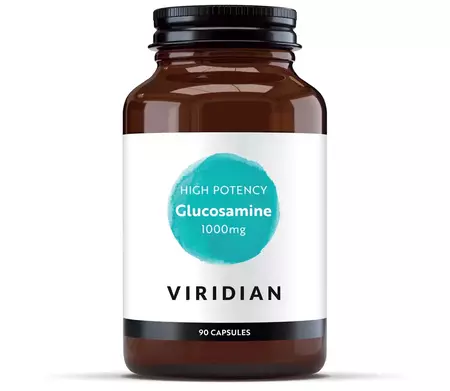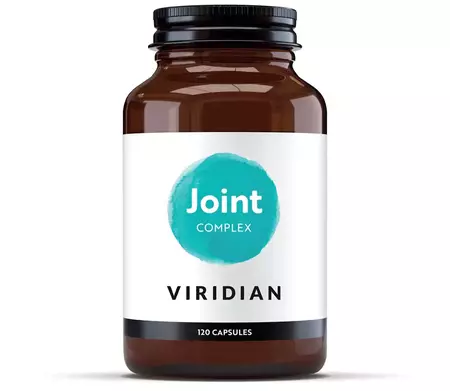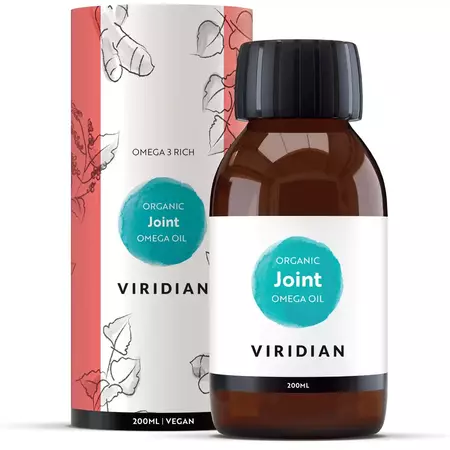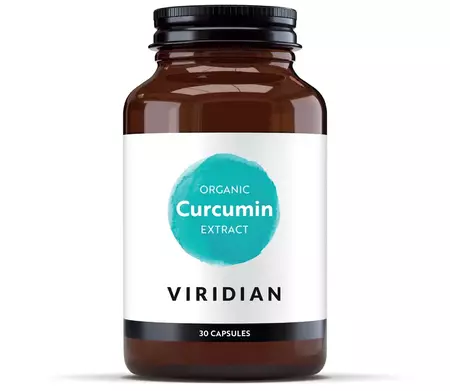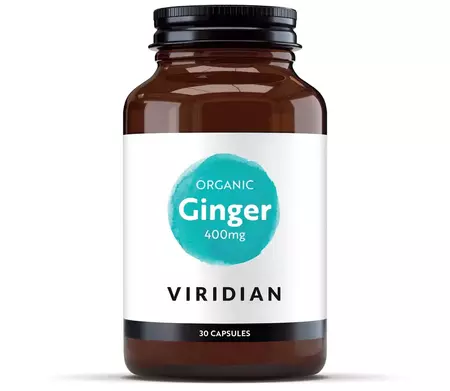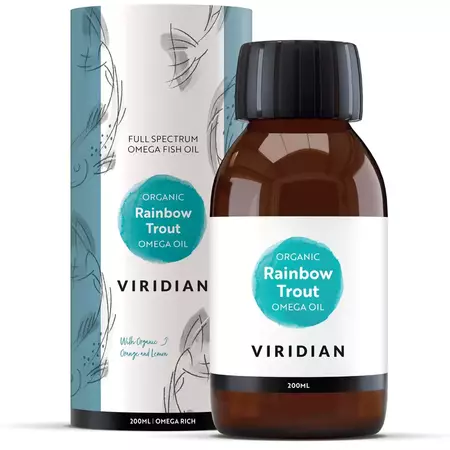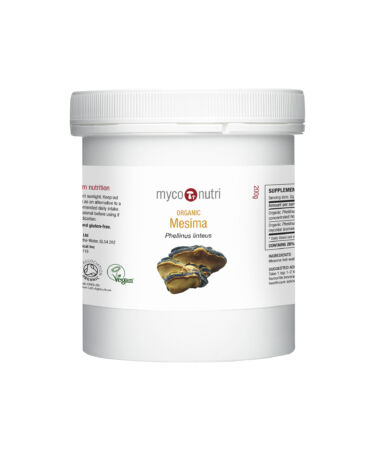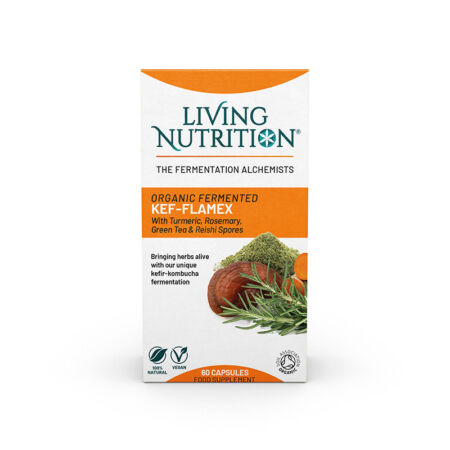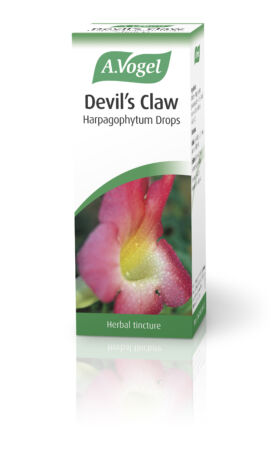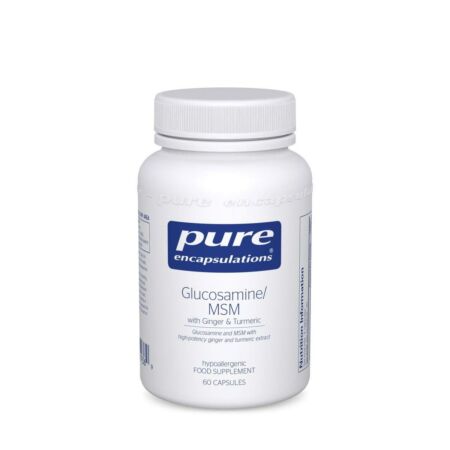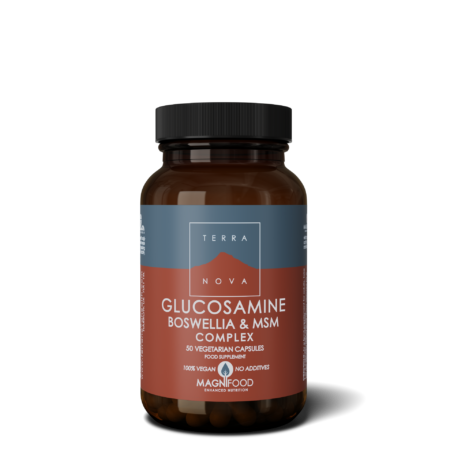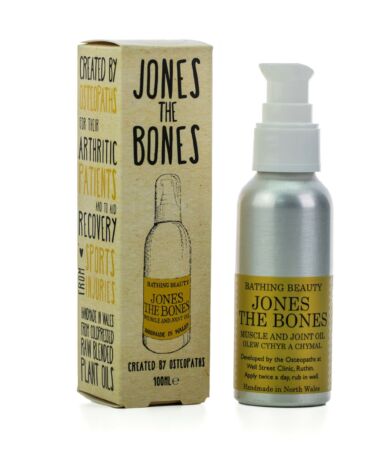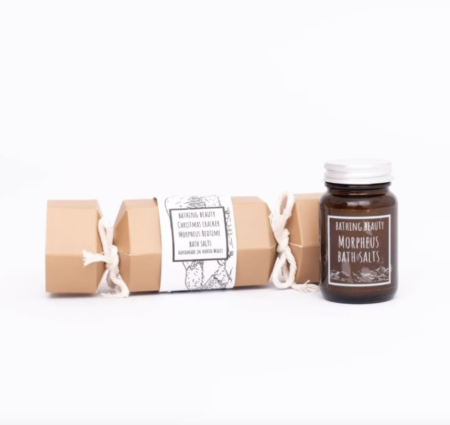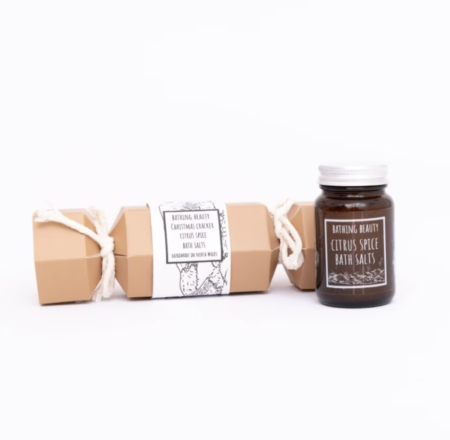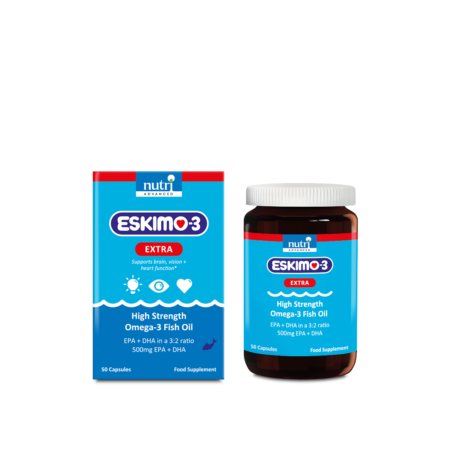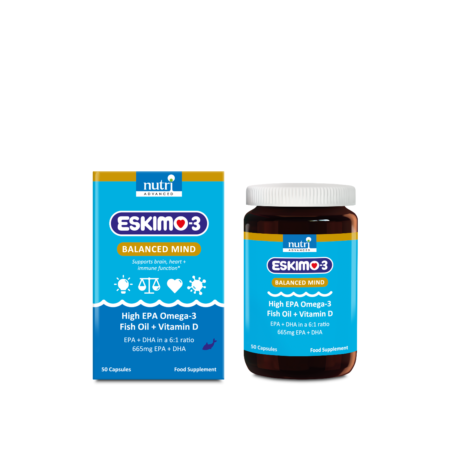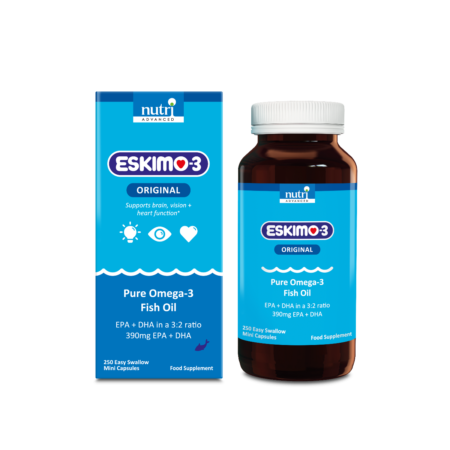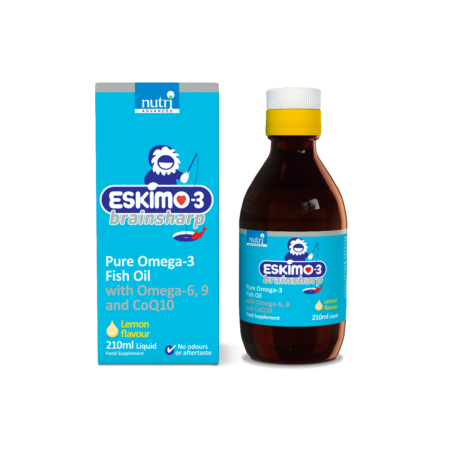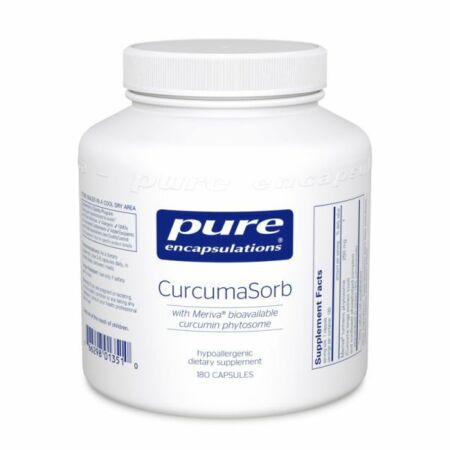Learn about rheumatoid arthritis (RA), a chronic autoimmune disease that affects the joints and discover various treatment options, including nutritional therapy and lifestyle recommendations, to help reduce symptoms and improve quality of life.
What is Rheumatoid Arthritis?
Rheumatoid arthritis (RA) is a chronic autoimmune disease that primarily affects the joints. It causes inflammation, pain, and stiffness in the joints, leading to joint damage and disability over time[i]. Fortunately, there are many options to help reduce symptoms of rheumatoid arthritis, as well as nutritional therapy and lifestyle recommendations as we shall discuss in this article[ii].
Nutritional therapy approaches to Rheumatoid Arthritis:
In terms of diet, it is good to be consuming foods rich in antioxidants, omega-3 fatty acids, and phytochemicals, while minimising pro-inflammatory foods. Emphasise fruits, vegetables, whole grains, legumes, fatty fish (such as salmon), nuts, and seeds. Avoid or limit processed foods, refined sugars, saturated fats, and trans fats. Trans fats are found in fried foods, baked goods, processed snacks, and certain margarines[iii].
Omega-3 fatty acids have anti-inflammatory properties and may help reduce joint pain and stiffness in RA. Good sources include fatty fish (such as salmon, mackerel, and sardines), flaxseeds, chia seeds, and walnuts. If needed, omega-3 supplements (such as fish oil or algae-based supplements) can be considered. Please see our later section on recommended supplements[iv].
Vitamin D deficiency is common in individuals with RA and may contribute to disease activity. Adequate vitamin D levels are important for immune function and bone health. Sun exposure and vitamin D-rich foods like fatty fish, dairy products, and egg yolks can help maintain optimal levels. If needed, vitamin D supplements can be recommended (usually based on blood test results). Vitamin D is especially recommended to be taken in the autumn and winter.
Antioxidants are important for minimising inflammation in the body. Consuming a variety of antioxidants through fruits, vegetables, herbs, and spices can help combat oxidative stress and reduce inflammation. Include colourful fruits and vegetables, such as berries, leafy greens, bell peppers, and cruciferous vegetables (like broccoli and cauliflower).
Probiotics are defined as beneficial bacteria that support gut health and immune function. Some research suggests that specific strains of probiotics may help reduce inflammation in RA. Probiotic-rich foods include yogurt, kefir, sauerkraut, and other fermented foods. Probiotic supplements are also a great choice[v].
Following a gluten-free diet for those with coeliac disease or gluten sensitivity is crucial. Some people with RA may experience improvements in symptoms when avoiding gluten, even without a confirmed diagnosis of coeliac disease. If considering a gluten-free diet, proper evaluation and guidance from a healthcare professional are recommended. See our later sections on the functional testing options we can offer as part of our nutritional therapy consultations[vi].
Recommended supplements for Rheumatoid Arthritis:
Curcumin Extract – Organic: Curcumin, the active compound in turmeric, has anti-inflammatory properties and may help alleviate symptoms of RA. However, its effectiveness may vary, and it's important to ensure proper absorption by pairing it with black pepper or using curcumin supplements with enhanced bioavailability, such as this one and many other options we have available [vii].
High Potency Glucosamine Sulphate 1000mg (90 Caps): Early research suggests that oral use of glucosamine hydrochloride might reduce pain related to rheumatoid arthritis. Glucosamine and chondroitin have anti-inflammatory properties. They also have some cartilage-protecting effects through a variety of different mechanisms[viii].
Viridian Joint Omega Oil (200ml): Fish oil supplements and others rich in omega-3 fatty acids, such as eicosapentaenoic acid (EPA) and docosahexaenoic acid (DHA), have shown some promise in reducing inflammation and relieving joint pain in individuals with RA[ix].
A Vogel Devils Claw: Contains the extract of the Devil's Claw plant (Harpagophytum procumbens). Devil's Claw has been traditionally used to help relieve joint pain and inflammation, including symptoms associated with rheumatoid arthritis (RA)[x].
Living Nutrition Organic Fermented Kef-Flamex: Living Nutrition Organic Fermented Kef-Flamex is a dietary supplement that contains a blend of fermented herbs and ingredients, including kefir-kombucha cultures. It is marketed for its potential anti-inflammatory properties and support for joint health, which may be beneficial for individuals with rheumatoid arthritis (RA)[xi].
Myconutri Mesima Mushroom Powder: Myconutri Mesima Mushroom Powder is a product derived from the Mesima mushroom (Phellinus linteus). This mushroom has been traditionally used in herbal medicine and is believed to possess anti-inflammatory and immune-modulating properties[xii].
Viridian Ginger – Organic: Some studies suggest that ginger may improve joint mobility and function in individuals with RA. By reducing inflammation and pain, ginger may contribute to better movement and flexibility in the affected joints[xiii].
Functional testing options for Rheumatoid Arthritis
Food Sensitivity Test (Dietary Antigen Test): Some people with RA may have food sensitivities or intolerances that can contribute to inflammation or exacerbate symptoms. Food sensitivity testing, such as IgG antibody testing or elimination diets, may help identify trigger foods that can be avoided.
Coeliac & Gluten Sensitivity Panel: There is a connection between coeliac disease, gluten sensitivity, and rheumatoid arthritis (RA). As with many other food sensitivities, it can cause inflammation in the body.
NutrEval: Nutrient deficiencies can impact immune function and overall health. Testing for specific nutrient levels, such as vitamin D, omega-3 fatty acids, or antioxidants, can help identify deficiencies that may be addressed through targeted supplementation.
Lifestyle suggestions for Rheumatoid Arthritis:
Regular Exercise: Engaging in regular physical activity, such as low-impact exercises, stretching, and strength training, can help improve joint mobility, reduce pain, and enhance overall function. It's important to consult with a healthcare professional or a physical therapist to determine appropriate exercises for your specific condition.
Stress Relief and Management: Managing stress through techniques like meditation, deep breathing exercises, yoga, or tai chi can help reduce inflammation and promote overall well-being. Finding relaxation techniques that work for you and incorporating them into your daily routine may be beneficial.
Sleep Quality: Prioritising good sleep hygiene and ensuring adequate rest can support overall health and help manage symptoms of RA. Establishing a consistent sleep schedule, creating a comfortable sleep environment, and practicing relaxation techniques before bed can contribute to better sleep quality.
Heat and Cold Therapy: Applying heat or cold packs to affected joints can help alleviate pain and inflammation. Heat therapy, such as warm baths or heating pads, can help relax muscles and increase blood flow, while cold therapy, such as ice packs, can numb pain and reduce swelling[xiv].



